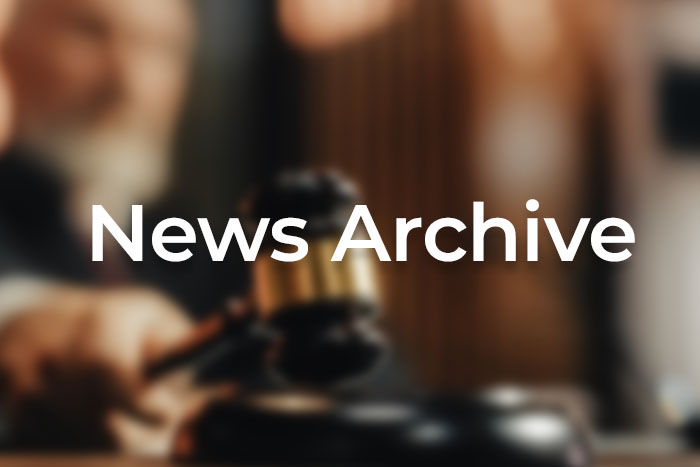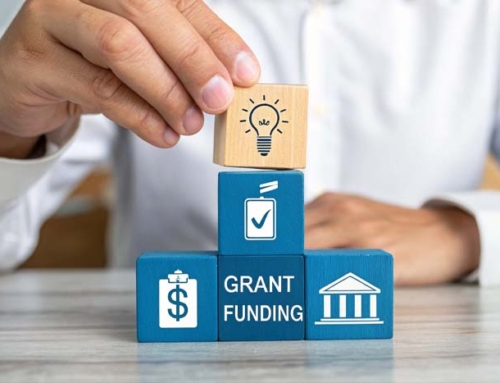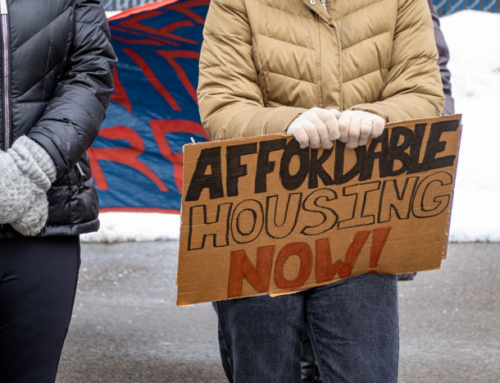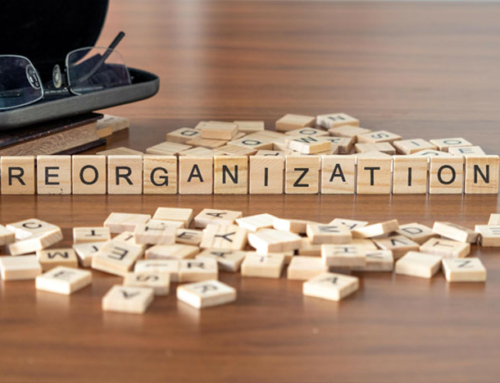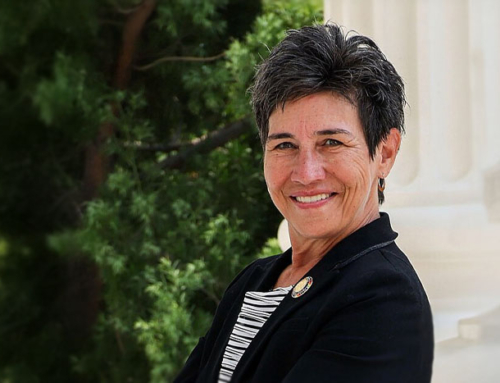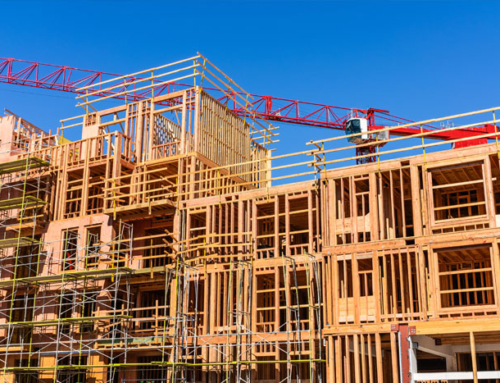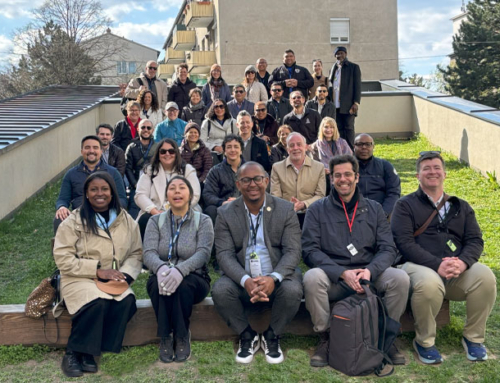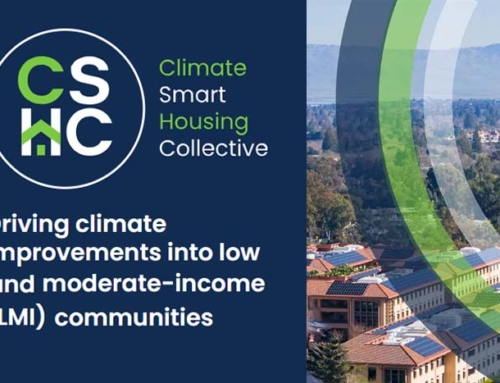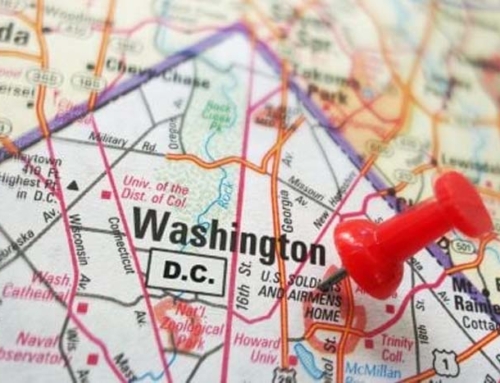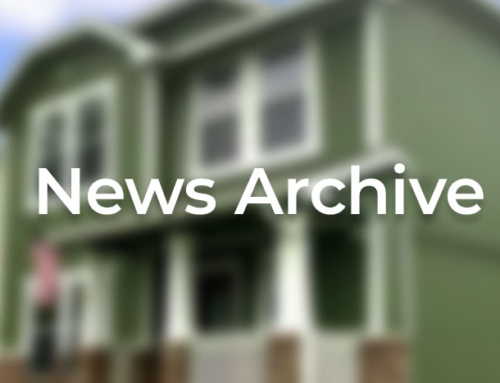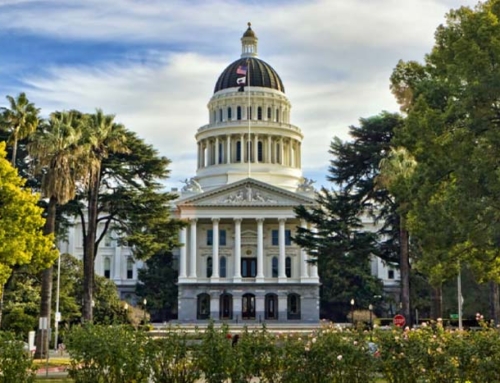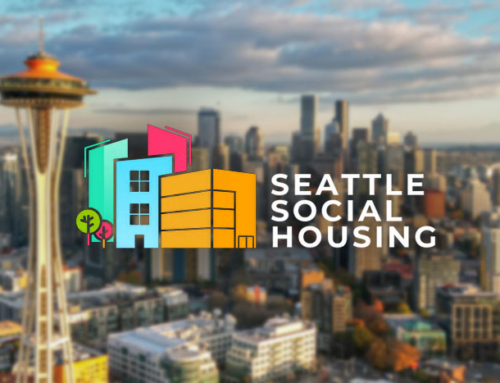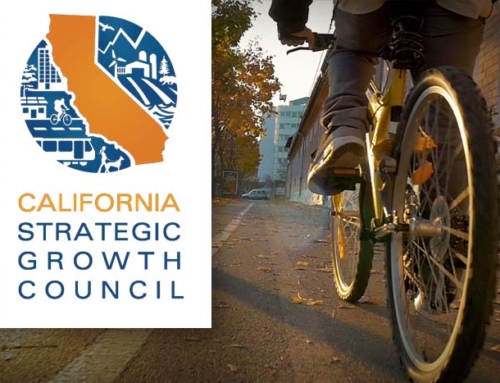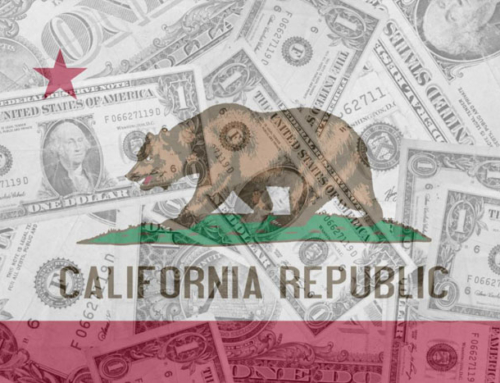The November election is just two months away, and it is likely that housing will feature prominently in local jurisdictions across the State. In addition to measures that expand Just Cause Eviction protections and increase Article 34 authority, voters in some jurisdictions will be asked to vote on measures that are decidedly anti-housing. In Menlo Park, the City’s voters will consider a measure that would prohibit the City from re-zoning or re-designating properties that were zoned single family as of April 15, 2022 in a direct affront to Senate Bill 9, which was signed into law last year. In San Francisco, there are competing measures that each side says will streamline the production of affordable homes, with some arguing that one of the measures will do the opposite. Earlier in August, the San Francisco based Housing Action Coalition sued the City of San Francisco , filing a lawsuit to challenge the measure, called the Affordable Housing Production Act, arguing that that the development approval process included in the bill was illegal. Mayor London Breed supports the bill championed by the HAC, known as the Affordable Homes Now Initiative. Other members of the Board of Supervisors are behind the Affordable Housing Production Act and plan to fight the lawsuit.
City of Los Angeles
In June, supporters in Los Angeles submitted signatures that qualified the United to House LA measure (Measure ULA) for the November ballot. This measure would assess an additional tax on sales and transfers of real property that exceed $5 million to fund programs for housing and homelessness. Properties valued between $5 and $10 million would be taxed at an additional 4% and properties valued above $10 million would be taxed an additional 5.5%. Funds generated from this new source would be used to both produce and preserve affordable housing and to provide assistance to tenants at risk of homelessness and displacement. Learn more at United to House LA or read the full text of the bill here.
City of Santa Monica
The City of Santa Monica has placed a measure on the ballot (Measure GS) that would create new funding for homeless prevention, affordable housing, and schools by increasing the transfer tax for sales and transfers of real property from $50 per $1,000 of value transferred to $56. The measure only impacts properties valued at $8 million and above. Of the funds collected, the first $10 million would be allocated to schools and the next $40 million would go to a Homelessness and Affordable Housing Fund. Any funds collected in addition to this amount would be allocated to schools (20%) and homelessness and housing (80%). According to staff analysis, , the tax would have created approximately $49 million annually from 2012-2021 if it had been in place during that period. Voters will also be asked to take a position on an advisory measure (Measure DTS) that would require that a minimum of 30% of the revenue raised be used to prevent displacement of seniors and lower-income families. Homelessness services would be an eligible use for the remaining 70%.
In addition, City of Santa Monica voters will consider increasing Transit Occupancy Taxes (Measure CS) to benefit a number of local needs, including homelessness. This new tax is expected to raise an estimated $4.1 million annually.
City of Oakland
City leaders in Oakland have placed an $850 million bond initiative for housing and infrastructure—The 2022 Affordable Housing and Infrastructure Bond (Measure U)— on the November ballot. Of this total, $350 million will be earmarked for housing production and preservation, with the remainder allocated to transportation projects and city facilities. Oakland voters previously approved Measure KK, which provided $100 million for housing, enabling the City to triple the production of affordable homes according to City staff. This measure will enable the City to continue to address the housing needs of its residents.
City of San Mateo
The City of San Mateo has also added a transfer tax measure on the November ballot (Measure CC) that would increase the existing transfer tax by 1% for properties that exceed $10 million in value. While the measure mentions homelessness, it also seeks to fund a wide list of other city priorities. As a result, this measure’s impact on San Mateo’s housing needs is unclear. City staff have suggested that the measure could raise an estimated $4.8 million annually.
City of Berkeley
The Berkeley City Council approved a measure for the November ballot (Measure L) that would authorize a $650 million bond, with $200 million allocated to affordable homes and the remainder for climate change, public infrastructure, and wildfire protection. The affordable housing funds would be targeted to the development, acquisition/rehabilitation, or preservation of affordable or social housing. In 2018, Berkeley voters approved Measure O, a $135 million general obligation bond measure, with funds directed toward the construction and preservation of affordable homes. In addition to the bond measure, the Council approved the addition of a ballot measure that would tax vacant homes (Measure M). Owners would be taxed between $3,000 and $6,000 annually for every unit that is vacant for at least six months during the first year of implementation, with the penalty doubling the following year. City staff has estimated that this will impact as many as 700 homes and raise between $3.9 and $5.9 million a year.
City of Palo Alto
Palo Alto voters will consider a business tax measure on the November ballot (Measure K) that includes affordable housing and homeless services in its list of eligible uses. The tax, which will be phased in over a two-year period, is expected to raise nearly $10 million a year. The tax will initially require businesses with more than 10,000 square feet to pay 90¢ a square foot, with a $500,000 cap per business. Over time, the tax will increase annually by 2.5% (for both the square foot charge and the cap per business).
In addition to these funding measures, several cities have placed measures on the ballot that raise revenues, some of which can be allocated to homeless services. This includes a Business License Tax measure in Culver City (Measure BL), a Sales and Use Tax in Hermosa Beach (Measure B), a tax on cannabis sales in Lynwood (Measure TR), a Sales Tax increase in Malibu (Measure MC), a Sales Tax increase in Monterey Park (Measure MP), and a Business License Fee increase in Pico Rivera (Measure AB).
© LeSar Holdings/LeSar Development Consultants. All Rights Reserved. Please be advised that any republishing of copyrighted material provided by our organization, in whole or in part, requires prior written authorization. For permission, please reach out to [email protected]. We appreciate your understanding and compliance in upholding copyright laws.

